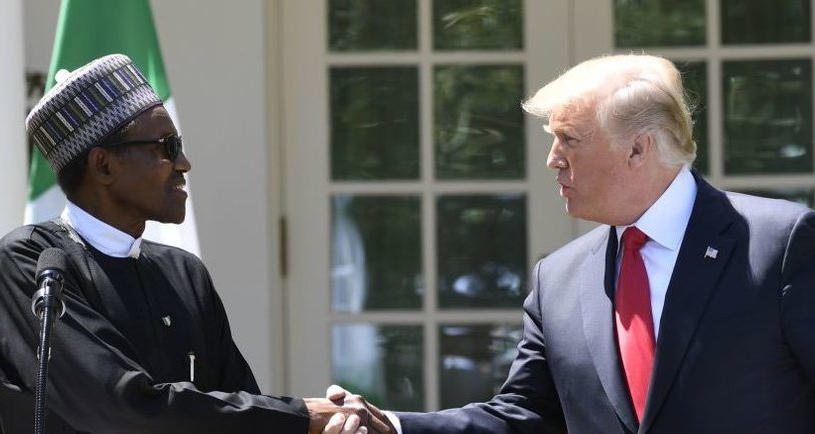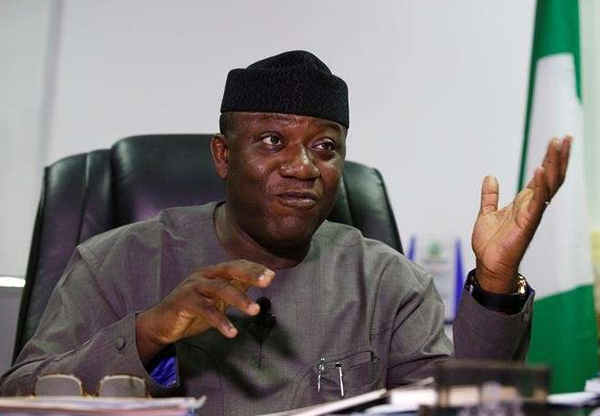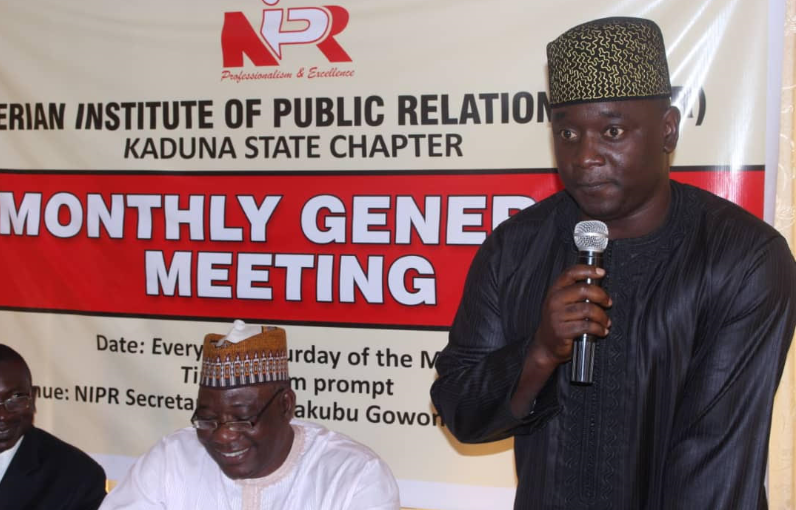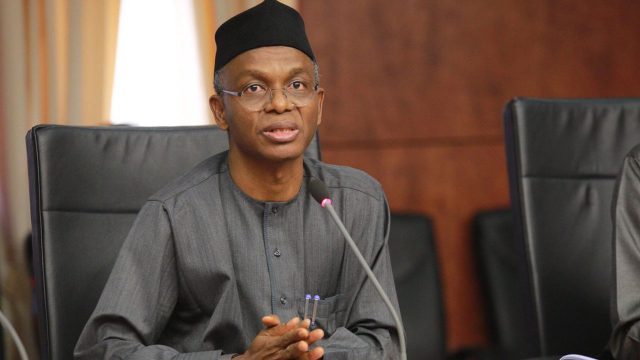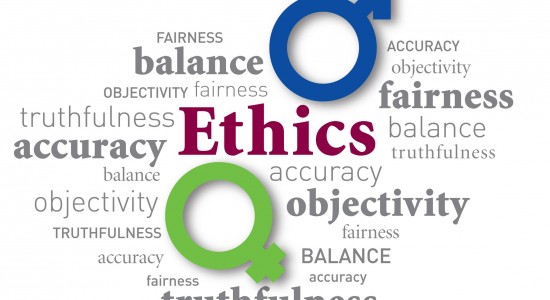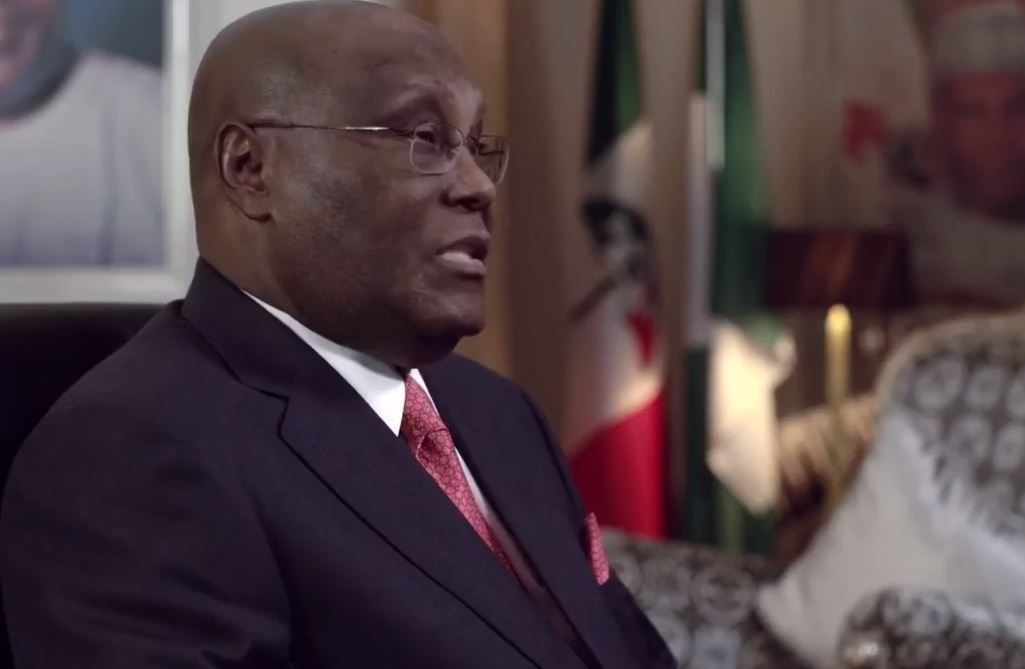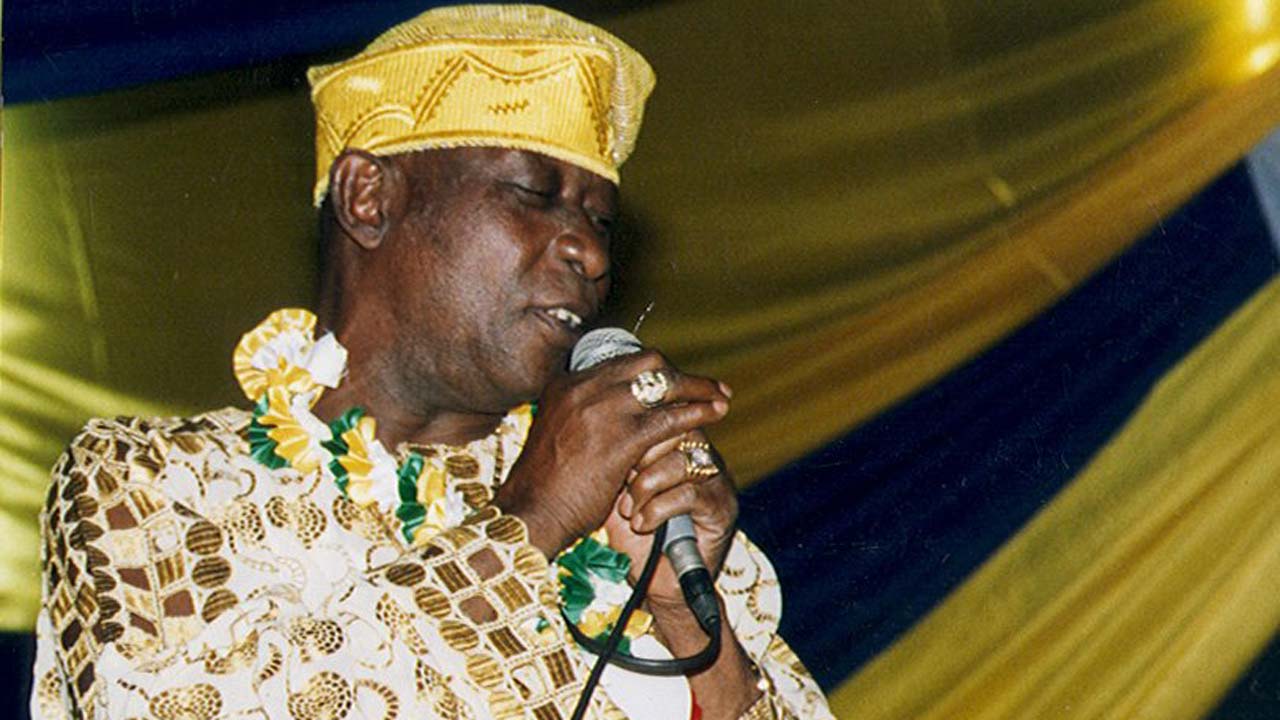BY TIBOR NAGY
This is the last day of my first trip to Africa as the Assistant Secretary of State for African Affairs. I spent most of my 32-year career as an American Diplomat on this continent, and I was fortunate to serve twice in Nigeria.
As they say, old friends are the best friends. I am truly excited to be back in Nigeria and to speak to you today about the enduring relationship between the United States and the countries of Africa, particularly Nigeria.
The world, most especially Africa, has changed dramatically from when I became a diplomat in 1978.
Advertisement
When I first set foot on the continent in 1978, there were no cellphones, no internet, few television stations, and to call back to America required booking a call days ahead to reserve one of the few international lines.
Today, young Africans are as wired and plugged in as any of their global counterparts, and they aspire to the same goals – a quality education, a well-paying job, a good house, and something left over to help their parents.
Through modern technology, even people in the villages now know how much cassava or goats will sell for in the urban areas, so they can get better prices for their products.
Advertisement
And if they have the cell phone number of their relative now living in Kano, Abuja, or Lagos they know how to reach them and remind them to send money home. In fact, all those advertisements by GLO mobile remind Nigerians that you truly have no excuse not to call your mother.
The United States deeply values its long-standing partnerships with African countries. Across the continent, we face challenges together, from fighting corruption and combating terrorism to helping African nations create healthier, better educated populations with greater opportunities for their citizens.
Through our programs like AGOA, PEPFAR, Power Africa, Feed the Future, and the Young African Leaders Initiative, we have walked side-by side with Africa for decades to open up the American market to African goods, to counter the scourge of HIV/AIDS, to bring electricity to rural areas, to help African nations become self-sufficient, and to empower the next generation of African leaders.
This trip has been a phenomenal opportunity to see the impressive impact of those partnerships.
Advertisement
It has also been a chance for me to highlight four key U.S. policy priorities:
First, the United States promotes stronger trade and business ties between Africa and America.
To achieve this, African governments need to increase transparency and fairness in their respective commercial environments to attract more business.
Investors need a level playing field, predictable policies, and a dispute resolution process that follows the rule of law — not who pays the highest bribe.
America remains the world leader in international brands and American technology and expertise is second to none.
Advertisement
And, American companies are eager to invest in Africa and they will bring technology, know-how and, above all, the desire to hire, train, and advance Africans into positions of responsibility. Sadly, as we all know, some other countries have not been willing to do this.
Second, we must harness the potential of Africa’s tremendous youth population to drive Africa’s economic growth and create real prosperity.
Advertisement
Both during my first career as a diplomat and my second career in academia as Vice Provost for International Affairs at Texas Tech University, I had numerous interactions with young Nigerians. They were some of the brightest and most talented students I have met anywhere.
The question to you is, “How do we harness that talent and entrepreneurial spirit of young Africans as a force for prosperity and stability?”
Advertisement
Third, it is critical that we strengthen our partnership to advance peace and security across the continent. We do this through our security and development partnerships with African governments as well as supporting regional mechanisms like ECOWAS.
We want to see Nigeria play a larger role in the region — to use its decades of experience in regional peacekeeping and the recent trend of peaceful democratic transitions to influence the broader region toward a similar path.
Advertisement
Fourth, I am here today to reinforce that America has an unwavering commitment to Africa. Our relationship has evolved over decades to one of cooperation, mutual respect, and transparency.
Perhaps nowhere is the strength and breadth of the U.S.-African partnership more evident than here in Nigeria. Nigeria has Africa’s largest population and economy. It is a diverse and vibrant democracy on the world’s fastest growing continent.
As Nigeria’s population becomes the third-largest in the world by 2050, our partnership will only deepen.
I believe that a strong Nigeria is the foundation for a strong continent.
As I focus my attention on increasing trade with and U.S. investment on the continent, Nigeria will be at the center of this effort. Nigeria is the United States’ second-largest trading partner in Africa, with over $9 billion in two-way goods trade in 2017. Hundreds of American companies already operate in Nigeria, and in 2017, U.S. investment stood at $5.8 billion.
Recently, Nigeria has taken steps to develop more predictable economic policies and a more transparent justice system. However, greater international investment will only come with continued reforms.
Nigeria has a wealth of smart, talented, and successful people. Take the story of Amal Hassan from Kano State, who is a Nigerian techno-preneur and Chief Executive Officer of Outsource Global.
Last year, the U.S. State Department and Fortune Magazine honored her as one of 16 female global business leaders to join the Women’s Mentoring Partnership. And, here’s why. In just the past two years, she expanded her workforce from 50 positions to more than 700, with 70 percent of the jobs held by women.
Ms. Hassan’s vision is to establish world-class call centers that make Nigeria an outsourcing destination, in turn creating steady employment opportunities for Nigerian youth and women.
Her entrepreneurship and energy show why we believe that a more competitive Nigeria will lead to a growing middle class, increased educational opportunities, a better quality of life, and serve as an example for how to create a more peaceful and prosperous continent.
We have seen time and again, that investing in education is the best way to invest in the future.
It is a down payment for the community, the nation, and ultimately, the world. The United States invests a large portion of our roughly $500 million a year in bilateral foreign assistance to help Nigerians build human capital, fight poverty, and promote health.
Also, the Young African Leaders Initiative or YALI is one U.S. effort to invest in the next generation of African leaders.
The YALI program helps young Africans enhance their leadership skills, bolster entrepreneurship, and forge meaningful ties with U.S. counterparts.
One element of YALI – the Mandela Washington Fellowship for Young African Leaders – brings Africa’s most promising young leaders to the United States for six weeks at top U.S. universities.
Fellows take the skills learned in America and translate it into a direct investment in their home countries. As one Mandela Washington Fellow said, “I went to America, and found Africa.”
But, an educated population is only possible if children can attend school. This brings me to my third policy priority: advancing peace and stability.
The destruction by Boko Haram and ISIS-West Africa has meant disaster for more than two million displaced people across Nigeria’s northeast. Violence has disrupted the education – and the futures – of an entire generation there.
I want to reiterate that the United States is your partner in the fight against terrorism. We are committed to helping the Nigerian people provide their own security, and you have made important progress.
We are also the largest humanitarian donor to those impacted by violence. But, simply restoring the Northeast to what it was before Boko Haram and ISIS-West Africa’s destruction will not address the challenges at hand.
The Nigerian government, with civic leaders, communities and businesses must work together to create a durable environment to support lasting peace and development.
That work also includes transparent and credible investigations of human rights violations and mechanisms to hold accountable those found guilty of such crimes.
The greatest sign of success will be when the displaced are able to return home – safely, voluntarily, and with access to needed services. Through USAID, we are helping those affected by violence in the Northeast to rebuild their lives.
And, we are encouraged by Nigeria’s efforts to establish a Northeast Development Commission.
We also recognize the Nigerian Government’s commitment to prevent the stoking of religious conflict and applaud Nigeria’s religious communities for discussing their issues peacefully and openly.
To help, the United States is working to improve law enforcement and judicial systems; support conflict prevention and mitigation programs; working with your universities to modernize farming and herding practices; and supporting Nigerian civil society leaders to find long-term solutions to conflict.
Ultimately, no matter how much international support Nigeria receives, only the Nigerian people can determine lasting solutions and a path forward toward peace and stability.
We and other partners might provide the seeds, but the Nigerian people must plant them, water them, cultivate them and harvest them.
Finally, my fourth policy priority – our unwavering support of Africa. America’s partnership with Africa is based on transparency, mutual respect, and collaboration. We go beyond simply investing in Africa, to investing in Africans. That is why we strongly support free and fair elections.
West Africa – an area historically known for coups and civil wars – is now trending toward increasingly democratic elections and peaceful transfers of power.
Nigeria’s 2015 election was critical to that positive trend, and I hope that the 2019 elections build on this momentum.
In February, you will have an opportunity to shape the future of your country. I want to be clear that the United States does not support any single candidate. We support a democratic process that is free, fair, transparent, peaceful, and reflects the will of the Nigerian people. But that demonstration of will requires your participation, so please go vote!
The United States has provided technical assistance to Nigeria’s Independent National Electoral Commission (INEC), supported civil society to monitor the Governors’ elections, and worked to help prevent election violence. We will continue this support as Nigerians continue to strengthen their democracy.
As one Nigerian proverb explains: “He who does not look ahead, always remains behind.”
Let us take that proverb to heart. As Nigerians drive toward the future, “Let’s look at Nigeria through the front windscreen, not through the rear-view mirror.”
Together we can create a Nigeria of opportunity and prosperity; of hope and commitment; and of peace and security.
May God bless each of you.
Thank you.
Being the speech delivered by Nagy, US assistant secretary of state for African affairs, during a public lecture at Baze University, Abuja, on November 9, 2018
Views expressed by contributors are strictly personal and not of TheCable.
Add a comment
